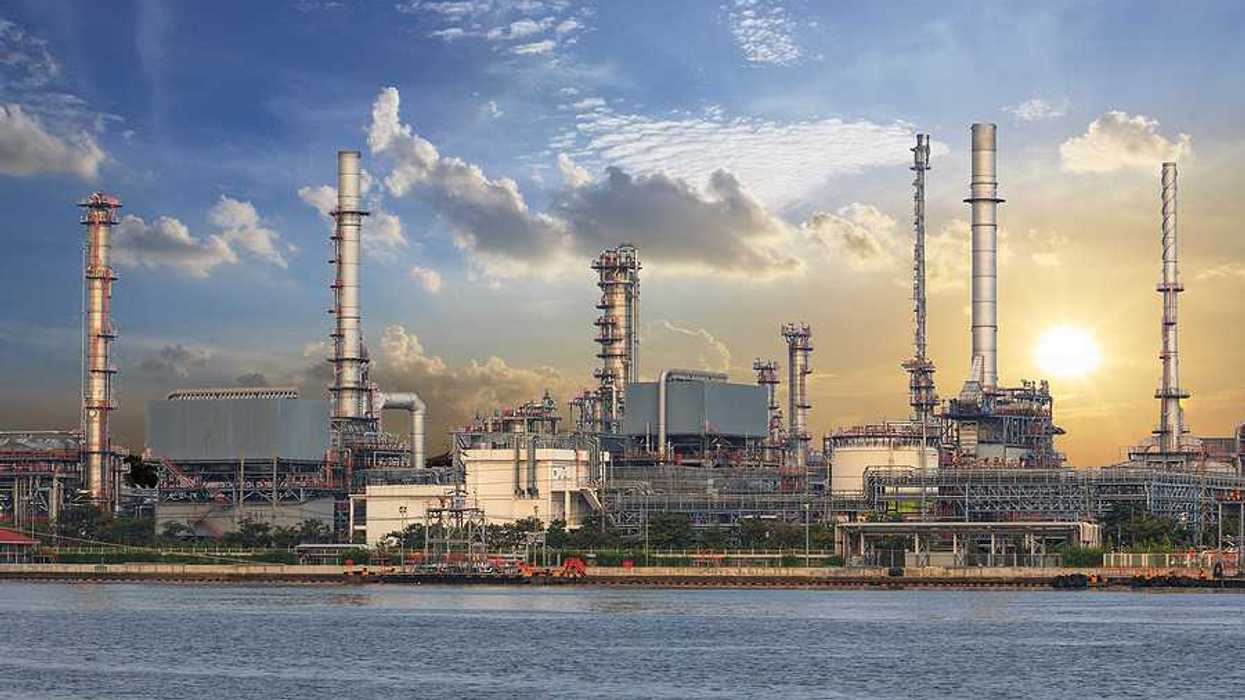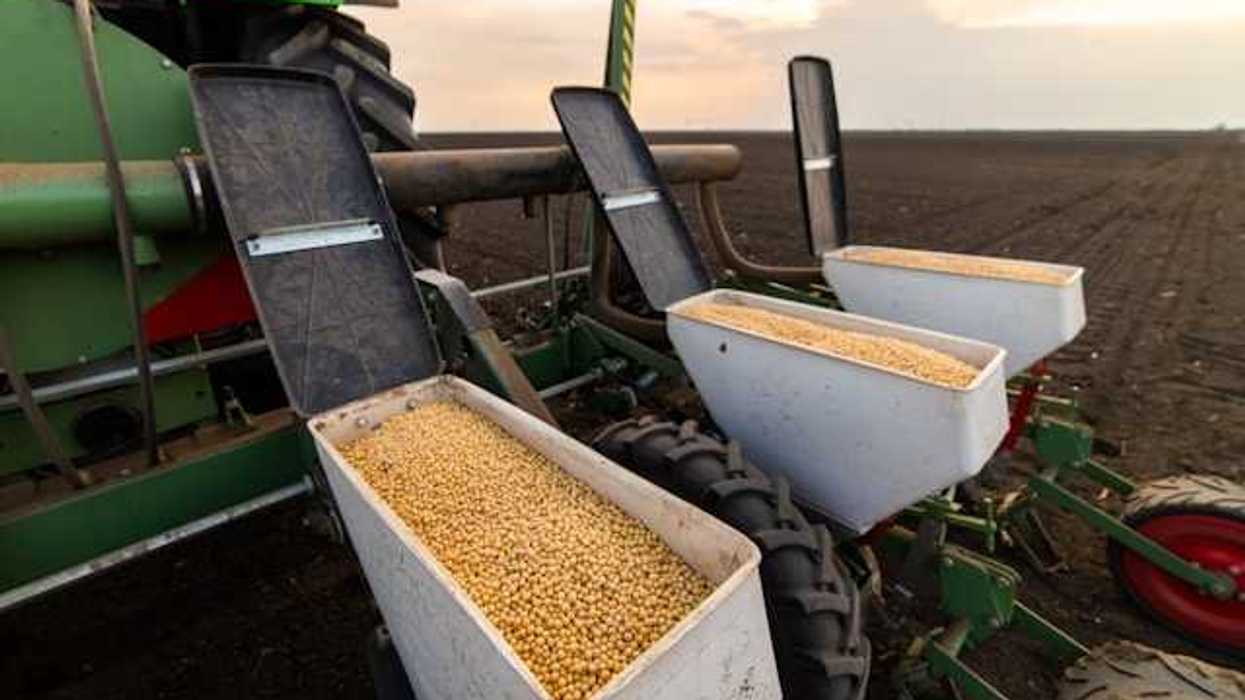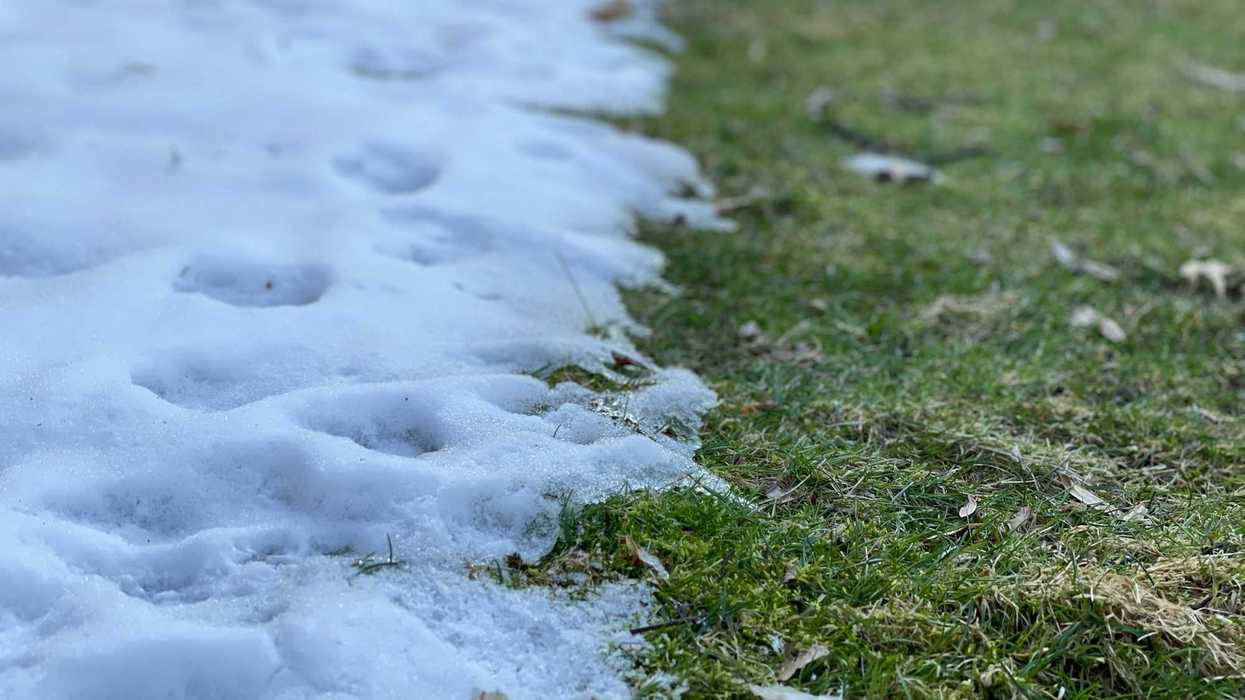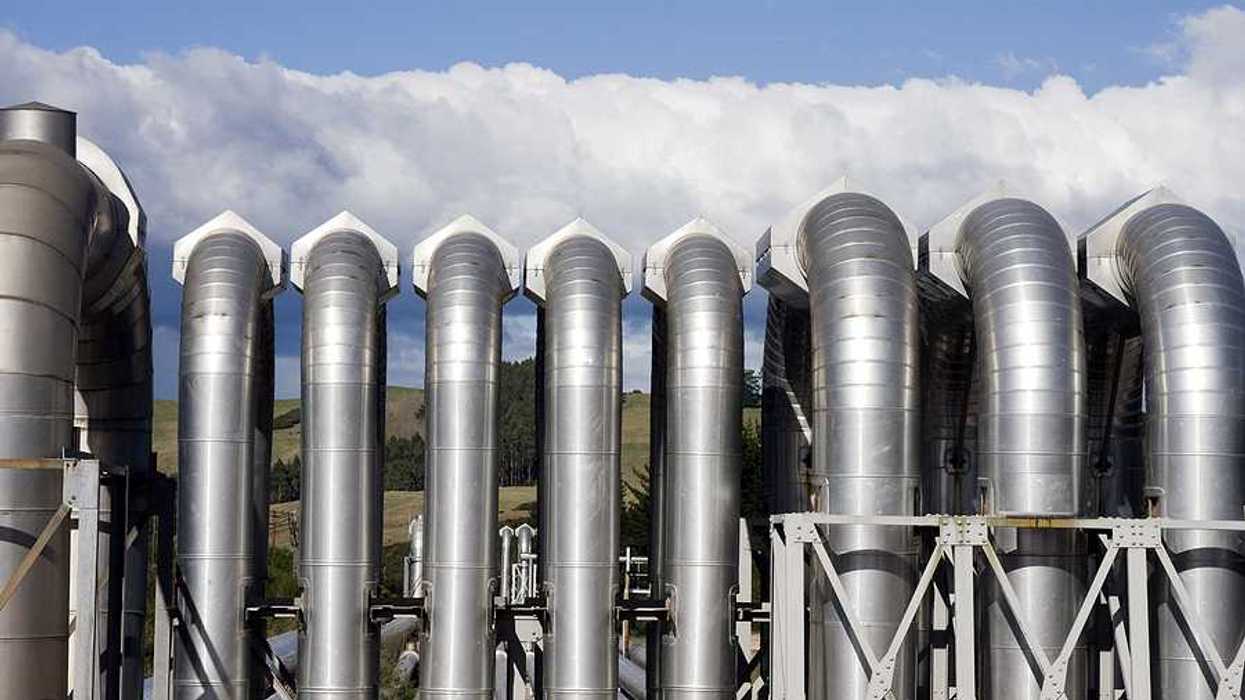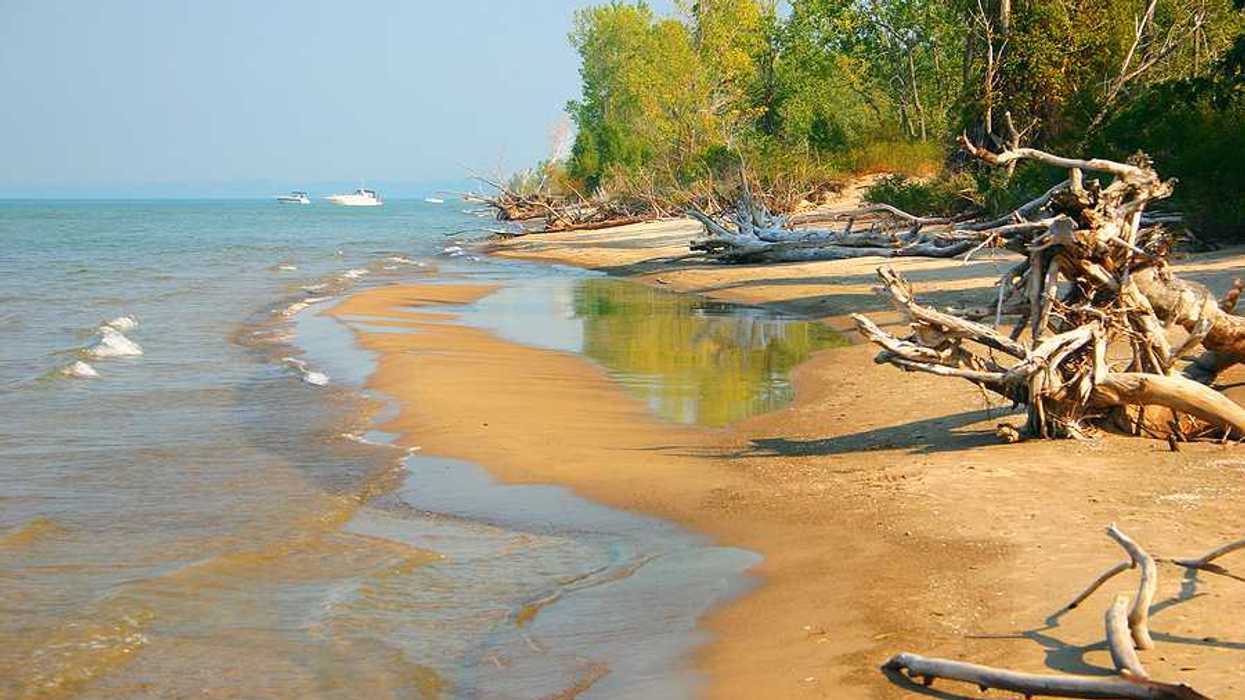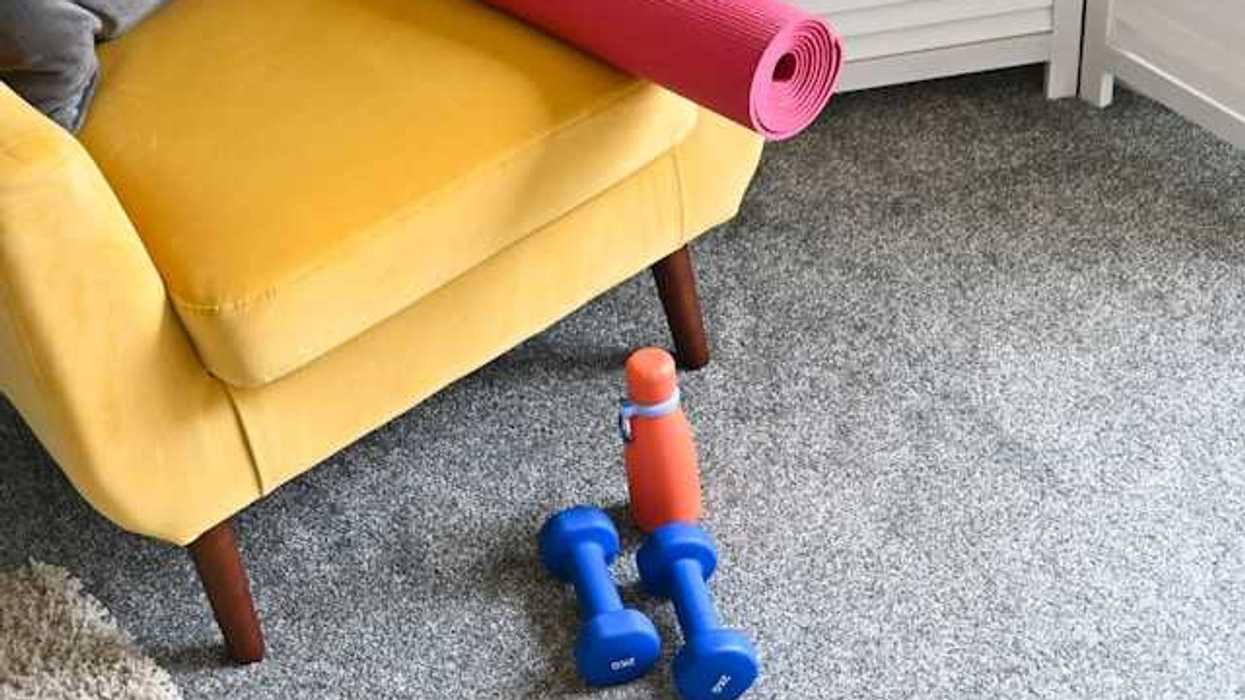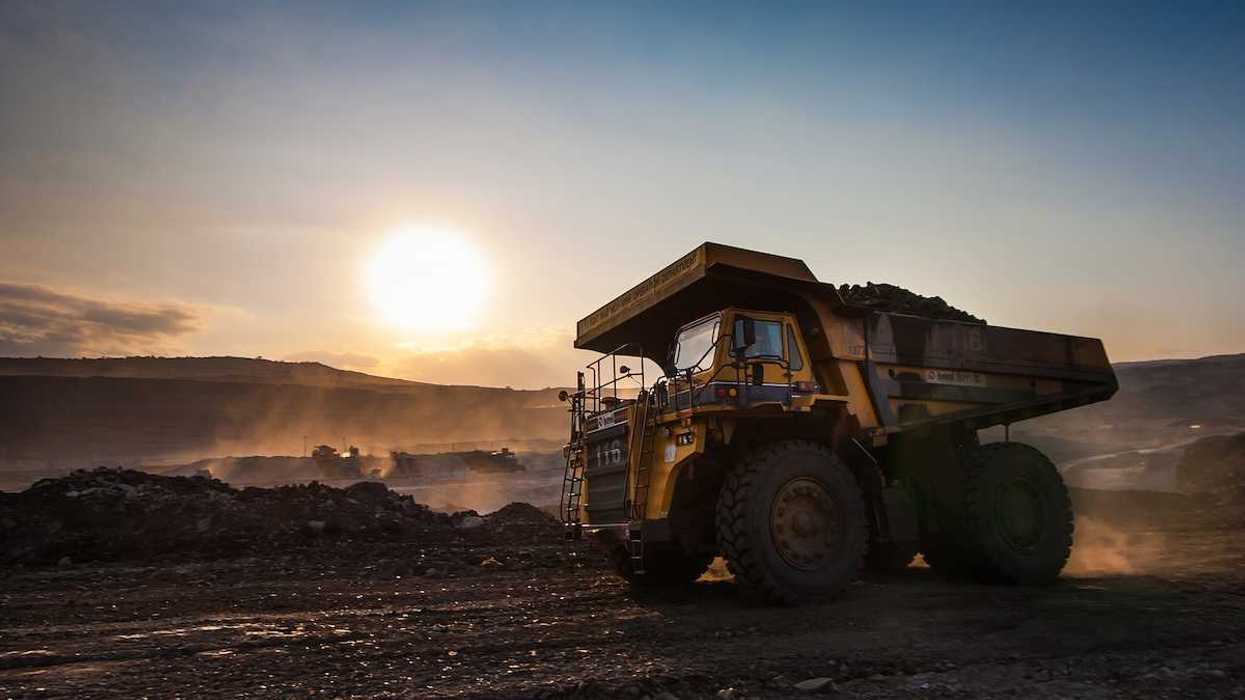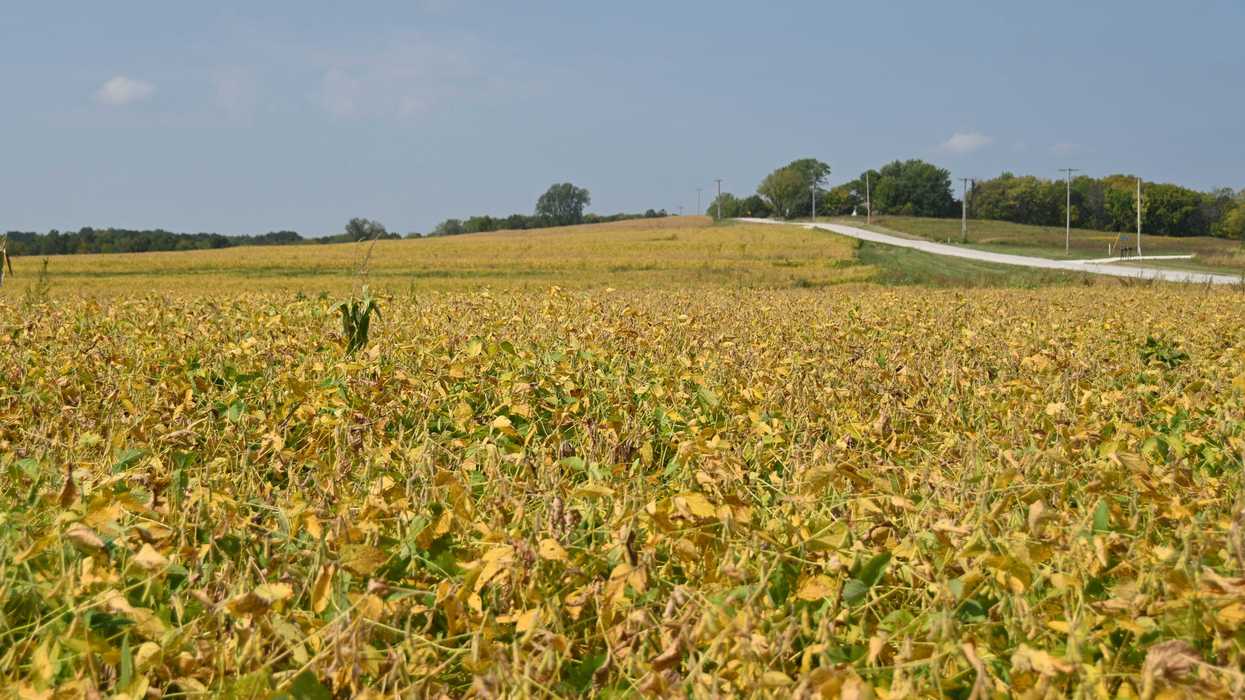Los Angeles County Sheriff's Department deputies working near the Eaton fire were warned to decontaminate their clothes and wear N95 masks after toxic particles, including lead and asbestos, were detected in the air.
Keri Blakinger reports for Los Angeles Times.
In short:
- The Los Angeles County Fire Department confirmed hazardous air near the Eaton fire, containing lead, asbestos and other harmful pollutants.
- Deputies were advised to wear protective masks and decontaminate uniforms before going home to prevent exposure to toxins.
- The Eaton fire has killed at least 16 people, destroyed thousands of structures and forced deputies to relocate and work in difficult conditions.
Key quote:
“Deputy sheriffs are highly aware of the hazardous conditions they are facing in these fire zones, including asbestos, lead and other harmful materials in the air they are breathing, and it hasn’t deterred them from focusing on their mission protecting the lives and property of those affected by this tragedy.”
— Richard Pippin, president of the Association of Los Angeles Deputy Sheriffs
Why this matters:
Wildfires are no longer confined to remote forests and grasslands. Increasingly, they are encroaching on urban areas, releasing a dangerous cocktail of toxic pollutants that threaten the health of first responders and residents alike. These fires can ignite hazardous materials in homes and businesses, sending plumes of fine particulate matter, heavy metals and volatile organic compounds into the air.
Read more:


